63 Mimico Avenue | Toronto, Ontario | M8V 1R2 | Phone: (416)-255-0035 | Email: CREMATIONCARECENTRE@GMAIL.COM
Why Choose Cremation? A Comprehensive Guide to Understanding Cremation Services
Choosing the right end-of-life service for a loved one is a deeply personal decision. While traditional burial has long been the norm in many cultures, cremation has grown in popularity for its simplicity, affordability, and adaptability. The decision to opt for cremation is not always straightforward, as it involves understanding the process, weighing the benefits, and dispelling common myths. Whether you're planning for a loved one or prearranging your own services, having a clear understanding of cremation can help you make informed and thoughtful decisions.
In this blog, we’ll explore why cremation is becoming a preferred choice for many families, what the process entails, its numerous benefits, and the myths that often cloud people’s judgment.
Understanding the Cremation Process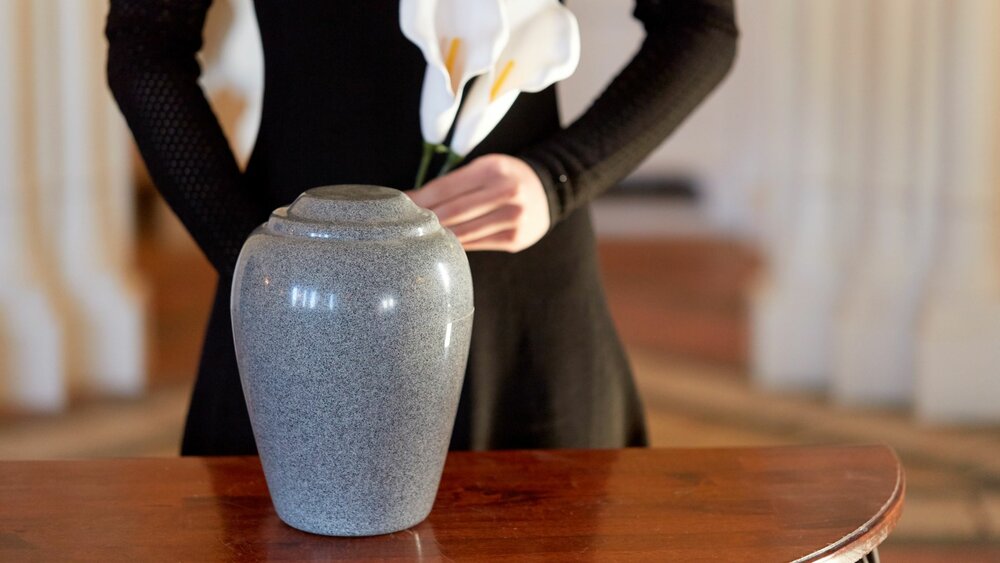
The cremation process is relatively straightforward and designed to ensure dignity and respect for the deceased. Knowing what to expect can provide peace of mind during an emotionally challenging time.
1. Preparation of the Body
After a loved one has passed, the body is transferred to a funeral home or crematorium, where necessary preparations are made. This includes completing legal documentation, such as the death certificate, and removing medical devices or implants, like pacemakers, which could interfere with the cremation process.
2. The Cremation Process
The body is placed in a cremation chamber, also called a cremator, which operates at high temperatures to reduce the body to its basic elements. The cremation typically takes 1 to 3 hours, depending on factors such as body size and the cremation equipment used.
3. Processing the Remains
After cremation, what remains are primarily bone fragments. These are carefully collected and processed into a fine, uniform powder, commonly referred to as cremains or cremated remains.
4. Returning the Cremains
The processed remains are then placed in an urn or a temporary container and returned to the family. At this point, families can decide how to memorialize their loved one—whether by keeping the urn, scattering the ashes, or using other creative options for remembrance.
Benefits of Choosing Cremation
Cremation offers many advantages that make it an appealing choice for families seeking an alternative to traditional burial. Here are the most significant benefits:
1. Cost-Effectiveness
Traditional burials often come with significant costs, including caskets, burial plots, embalming, and grave markers. Cremation eliminates many of these expenses, making it a much more affordable option. Here’s a breakdown of how cremation can save money:
- No burial plot required: Families avoid the costs associated with purchasing cemetery land.
- Lower service fees: Cremation eliminates the need for embalming and an elaborate funeral service, reducing associated costs.
- Customizable memorials: Families can opt for more affordable alternatives to traditional headstones, such as simple urns or scattering ceremonies.
For families on a budget, cremation allows a dignified farewell without financial strain.
2. Flexibility in Memorialization
Cremation provides unparalleled flexibility in how loved ones are remembered and honoured. Unlike traditional burial, which typically confines memorialization to a cemetery, cremation opens up a world of possibilities:
- Urns: Cremains can be stored in an urn that reflects the loved one’s personality or aesthetic preferences.
- Scattering ceremonies: Families can scatter ashes in locations of personal significance, such as a favourite park, beach, or garden.
- Keepsakes and jewelry: Small portions of cremains can be incorporated into jewelry or keepsake items, allowing family members to carry a tangible memory with them.
- Creative tributes: Some families choose unique memorials, such as incorporating ashes into artwork, planting them with a tree, or even launching them into space.
This flexibility ensures that families can create a meaningful and unique tribute that honours their loved one’s individuality.
3. Environmentally Friendly Option
For individuals concerned about the environmental impact of their choices, cremation is often seen as a greener alternative to burial. Here’s why:
- No land usage: Cremation eliminates the need for burial plots, preserving open spaces and reducing land development.
- Minimal resource consumption: Unlike burials, cremation doesn’t require embalming chemicals, wooden or metal caskets, or concrete vaults, reducing resource consumption.
- Innovative eco-friendly options: Biodegradable urns and natural scattering practices provide sustainable ways to honour loved ones.
While cremation does have an environmental impact, such as carbon emissions, advances in cremation technology are reducing its footprint, making it a greener choice overall.
Addressing Common Myths About Cremation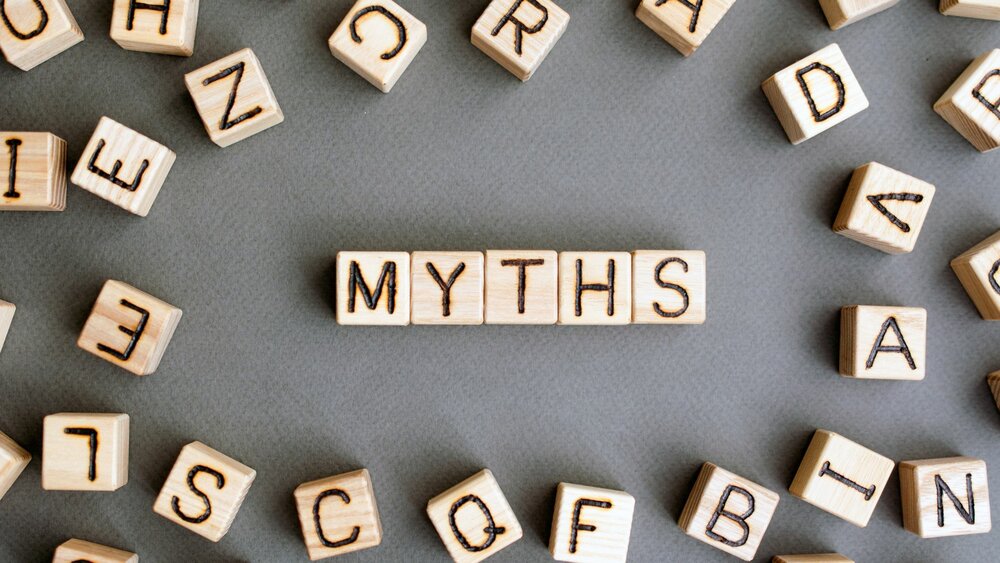
Despite its growing popularity, several myths about cremation persist. Understanding the truth behind these misconceptions can help families make confident decisions.
Myth 1: Cremation Lacks Respect
- Some people believe cremation is less respectful than traditional burial. In reality, cremation is performed with the utmost professionalism and care. Families can still hold memorial services, religious ceremonies, or other tributes to honour their loved ones in meaningful ways.
Myth 2: All Cremations Are the Same
Cremation services offer a range of options to suit different preferences and needs. For instance:
- Direct cremation: A simple process with no formal service, often chosen for its affordability.
- Cremation with a memorial service: Combines the cremation process with a gathering or ceremony for family and friends.
- Witnessed cremation: Allows family members to be present during the cremation process, providing a sense of closure.
Discussing options with a funeral provider ensures that the chosen service aligns with the family’s wishes.
Myth 3: Cremation Is Harmful to the Environment
- While cremation does have environmental impacts, modern advancements have reduced emissions significantly. Additionally, compared to burial—which involves embalming chemicals, resource-intensive caskets, and land use—cremation is often seen as the more sustainable choice. Eco-friendly innovations, such as water-based cremation (alkaline hydrolysis), further minimize environmental concerns.
Myth 4: Cremains Must Be Kept in an Urn
- While many people choose to keep cremains in an urn, this is not the only option. Families can scatter ashes, divide them among loved ones, or incorporate them into creative tributes. Cremation provides the flexibility to celebrate a loved one’s life in ways that feel most fitting.
Why More People Are Choosing Cremation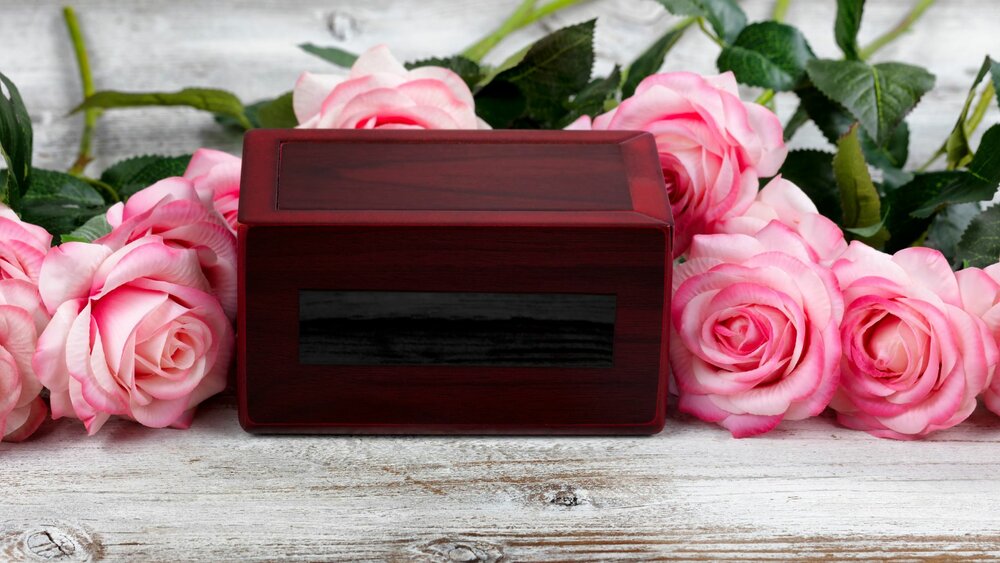
The increasing popularity of cremation reflects changing cultural attitudes and practical considerations. Here are some reasons behind the shift:
- Modern lifestyles: With families often living far apart, cremation allows for flexibility in planning memorials or transporting remains to different locations.
- Religious acceptance: Many religious traditions that once prohibited cremation have now embraced it, making it a viable option for more individuals.
- Changing values: As society becomes more environmentally conscious and cost-aware, cremation aligns with the values of simplicity and sustainability.
Unique Memorialization Ideas
Cremation allows for creative and personalized memorialization options that celebrate a loved one’s unique life. Here are some ideas to inspire:
- Memorial gardens: Planting ashes with a tree or flowers creates a living tribute that grows over time.
- Space memorials: Companies now offer the option to send ashes into space for a truly out-of-this-world remembrance.
- Artwork: Incorporating ashes into paintings or sculptures provides a tangible, creative keepsake.
- Underwater reefs: Ashes can be used to help create artificial reefs, benefiting marine ecosystems.
These options offer families meaningful ways to keep their loved one’s memory alive.
Planning Ahead: Prearranging Cremation Services
For individuals considering cremation, prearranging services can ease the burden on loved ones and ensure their wishes are honoured. Preplanning allows you to:
- Lock-in costs: Prepaying for cremation services protects against future price increases.
- Express personal preferences: You can outline specific wishes, such as the type of urn, memorial service details, or desired location for scattering ashes.
- Reduce stress on family: Having plans in place spares family members from making difficult decisions during an emotional time.
Many funeral homes offer prearrangement options, making it simple to set up a plan that reflects your values and priorities.
Conclusion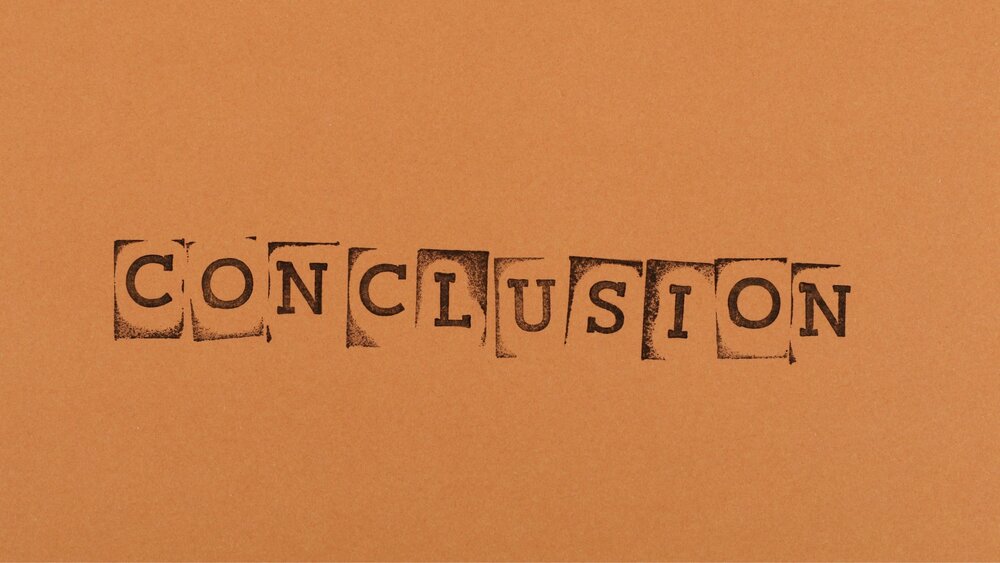
Cremation is more than just a practical alternative to traditional burial—it’s a deeply personal choice that offers affordability, flexibility, and environmental benefits. By understanding the cremation process, exploring its advantages, and dispelling common myths, families can make informed decisions that honor their loved ones in meaningful ways.
Whether you’re planning for yourself or a loved one, cremation provides an opportunity to create a unique, heartfelt tribute that reflects individuality and values. To learn more about cremation services and how they can fit your needs, contact us at The CremationCare Centre using our online form today.

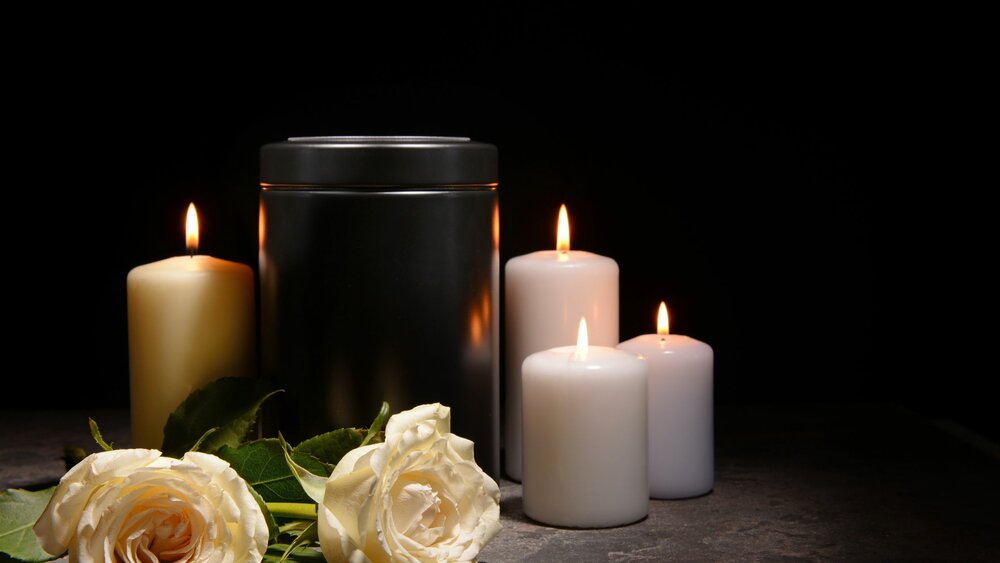

Comments